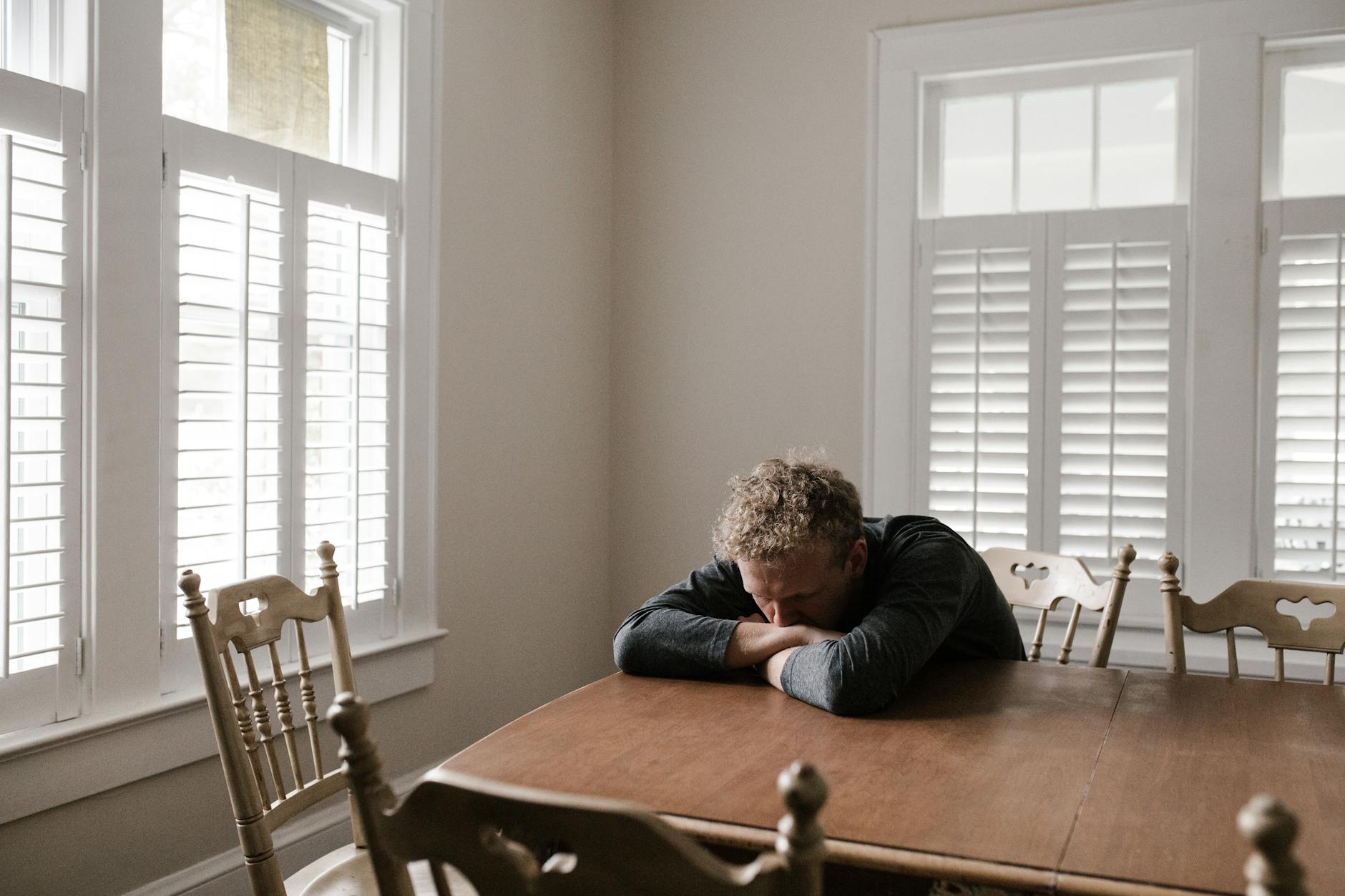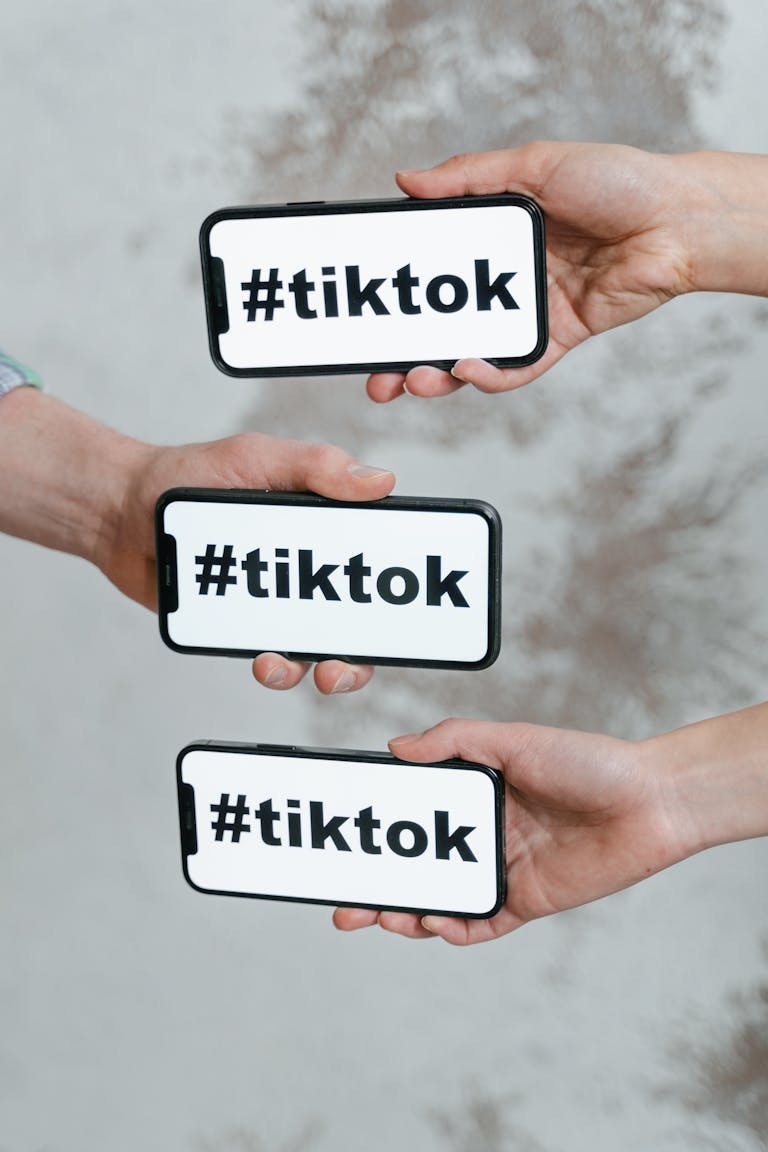What to Say to a Friend With Depression: Finding the Right Words
Introduction: When Words Feel Hard
You want to help. You care deeply. But when someone you love is struggling with depression, knowing what to say can feel overwhelming. You don’t want to say the wrong thing. You don’t want to make it worse. You just want them to know they’re not alone.
If you’ve ever found yourself searching for the right words, you’re not alone. Many of us feel helpless when a friend is hurting. The truth is, you don’t have to be a therapist or have all the answers to make a real difference. Sometimes, a few heartfelt words can mean everything.
Let’s explore what to say to a friend with depression — and just as importantly, what not to say — so you can show up for them in a meaningful, loving way.
Understanding Depression: It’s More Than Sadness
Before we dive into what to say, it’s important to understand that depression is not simply being sad or having a bad day. It’s a serious mental health condition that can affect every part of a person’s life: their energy, motivation, self-esteem, and even their ability to get through daily tasks.
When you’re speaking to a friend with depression, remember: you’re talking to someone who may already feel isolated, ashamed, or hopeless. Your words have the power to either ease that burden or unintentionally add to it.
Supportive Things You Can Say
Here are a few powerful, compassionate things you can say to a friend who is experiencing depression.
1. “I’m here for you.”
Simple. Genuine. Offering your presence can be more comforting than offering advice. You’re letting them know they don’t have to face their darkness alone.
2. “You don’t have to go through this alone.”
Depression can make people feel isolated, as if no one else could possibly understand. Reminding your friend that you’re by their side can be incredibly powerful.
3. “It’s okay not to be okay.”
Sometimes, people with depression feel pressured to hide their pain or “snap out of it.” Telling them it’s okay to struggle helps remove shame from their experience.
4. “I may not understand exactly what you’re feeling, but I care about you.”
You don’t have to pretend to have all the answers. Just acknowledging their pain without trying to fix it can be deeply validating.
5. “Take your time. I’m not going anywhere.”
Healing from depression isn’t linear. Some days are better than others. Letting your friend know you’ll be patient and steady in your support is an incredible gift.
What NOT to Say
Even with the best intentions, certain phrases can hurt someone who’s already struggling. Here’s what to avoid:
- “Just think positive.” Depression isn’t a mindset choice.
- “Everyone feels this way sometimes.” This can minimize their pain.
- “It could be worse.” Pain isn’t a competition.
- “You have so much to be grateful for.” Gratitude doesn’t erase depression.
- “Snap out of it.” Depression isn’t something you can simply shake off.
If you ever say something you regret, it’s okay. Apologize, listen, and keep trying. What matters most is your willingness to learn and support.
Real Story: When Words Made a Difference
When my friend Lisa was battling depression, I remember feeling so unsure of what to say. I didn’t want to make her feel worse. One evening, I simply texted her, “I don’t know the perfect thing to say, but I want you to know I love you and I’m here if you need anything.” She later told me that message meant everything because it didn’t pressure her to talk or act — it just reminded her she wasn’t alone.
Sometimes, it’s not about having the perfect words. It’s about showing you care, consistently and gently.
How to Offer Ongoing Support
Supporting a friend with depression isn’t about one conversation; it’s about being a steady, compassionate presence over time. Here are some simple ways to keep showing up:
- Check in regularly: A quick “thinking of you” text can make a big difference.
- Offer specific help: Instead of “Let me know if you need anything,” say, “Can I bring you dinner tonight?”
- Be patient: Healing takes time. Celebrate small victories and be gentle with setbacks.
- Encourage professional help: Support them in finding a therapist or counselor if they’re open to it, but don’t push.
Conclusion: Your Friendship Matters More Than You Know
When a friend is struggling with depression, you might feel helpless or worried you’ll say the wrong thing. But showing up, being kind, and offering your love matters more than you realize.
You don’t have to fix them. You don’t have to find perfect words. Just being present — truly, lovingly present — can be a lifeline.
Your support might be the reason they get through another tough day. Your compassion might remind them that they are seen, valued, and worthy — even when depression tells them otherwise.
And that kind of love changes lives.
Quick Summary
| What Helps | What to Avoid |
|---|---|
| “I’m here for you.” | “Just think positive.” |
| “It’s okay not to be okay.” | “It could be worse.” |
| “You’re not alone.” | “Snap out of it.” |
| “I care about you.” | “Everyone feels like this sometimes.” |







